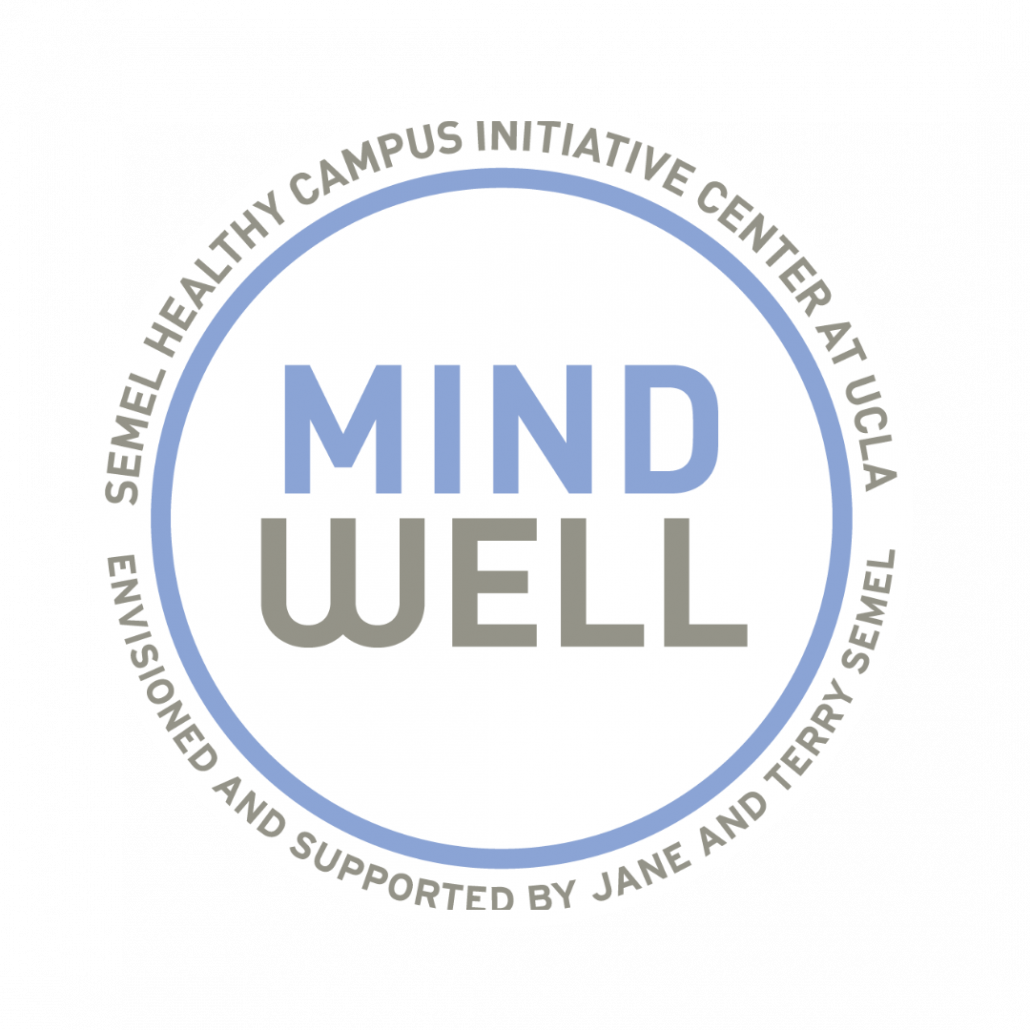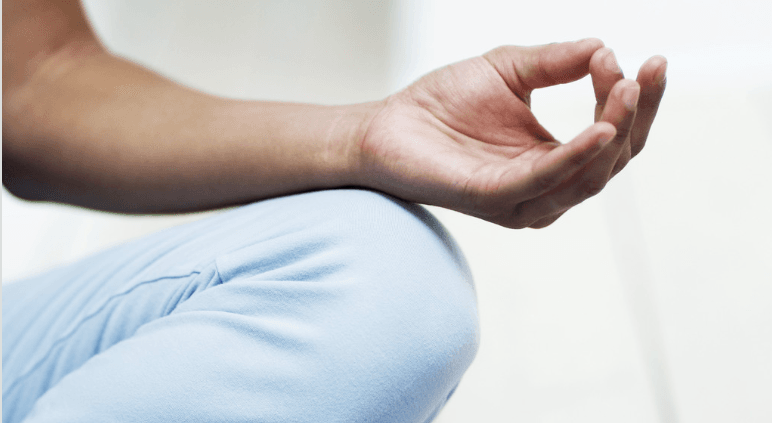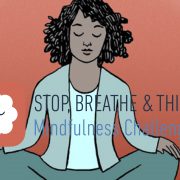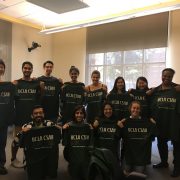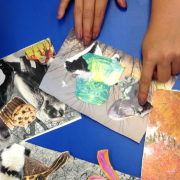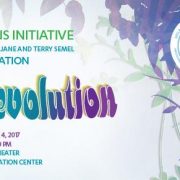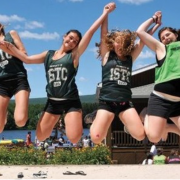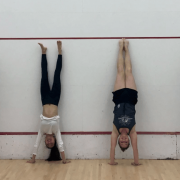Implementing Meditation into your Life: How to do it and Why you should
As a college student, there are so many things to think about simultaneously: studying for tests, finishing essays, balancing hours for your work schedule, paying bills, thinking about what you’re going to eat for lunch, etc. With so much to balance, life can feel hectic or overwhelming at times, so wouldn’t it be nice to step away from those tensions and relax? UCLA’s Mindful Awareness Research Center (MARC) and the Healthy Campus Initiative are offering ways to do just that by supplying opportunities to engage in the practice of meditation.
How to Begin Practicing Meditation
Mindful awareness is the process of connecting one moment to the next, and one actively observes and experiences their mental, physical, and emotional state. Free drop-in meditations are held on and around UCLA’s campus at various locations and times Mondays through Thursdays by various accomplished professors. All of these sessions are open to anyone wishing to learn how to be more present and less stressed in their everyday lives. Free drop-in mindfulness sessions are also occasionally offered to the public, which further explore the mind-body connection and different ways to implement the practice into your life. Mindful Awareness Practices (MAPs) classes are also offered to help people develop individualized meditation practices, as well as understand the basic principles of mindfulness, through weekly two hour group sessions for a period of six weeks. The MAPs level one class offers instruction on mindfulness to work on physical pain, common obstacles faced by many in the practice, cultivating positive emotions, and many more. As MARC is in support of the Healthy Campus Initiative, all current UCLA students are able to sign up for these classes for free, yet another great resource offered at our university that promotes mental wellbeing. Check the MAPs class schedule here for upcoming dates and class registration. If you feel that physically going to a class or a group setting isn’t really for you, MARC offers a wide variety of free online classes, like mindfulness for daily living, and cultivating positive emotions, as well as free downloadable guided meditations.
Why you should Practice Meditation
Mindful meditation has been scientifically proven to reduce stress , improve attention, boost the immune system, reduce emotional reactivity, and promote a general sense of health and wellbeing. The practice has also been linked to the improvement of metabolism, getting a better night’s sleep, as well as reducing aging. The benefits of meditation go far beyond that of simply feeling an inner sense of calm. Because of the mind-body connection, one will experience physical benefits along with the mental ones, such as reduced risk of heart attack or stroke, normalized blood pressure, and reduced anxiety and depression, which have all been associated with mindful meditation.
Take advantage of the wonderful opportunities offered on campus to improve your mental health. All drop-in sessions and classes are open to anyone interested, so don’t worry if you haven’t figured out the meaning of life just yet, or feel as though you don’t quite know how to meditate– it’s all a learning process. A curiosity in the practice of meditation could lead to the development of a daily practice that will improve your day-to-day life! Stop by one of the drop-in meditations, or register for one of the MAPs classes, and share your experiences with us or online, so that more people can get involved with changes that will improve their wellbeing.
Aubrey Freitas is an undergraduate student at UCLA double majoring in English Literature and Psychology with a minor in Italian. She is a blogger for the UCLA Healthy Campus Initiative in the Mind Well section, which focuses on the importance of mindfulness and mental health. Aubrey is the founder of the organization Warm Hearts to Warm Hands, which teaches the skill of knitting to people of the community in return for their donation of an article of clothing they create with the skill, to be given to local homeless shelters.
